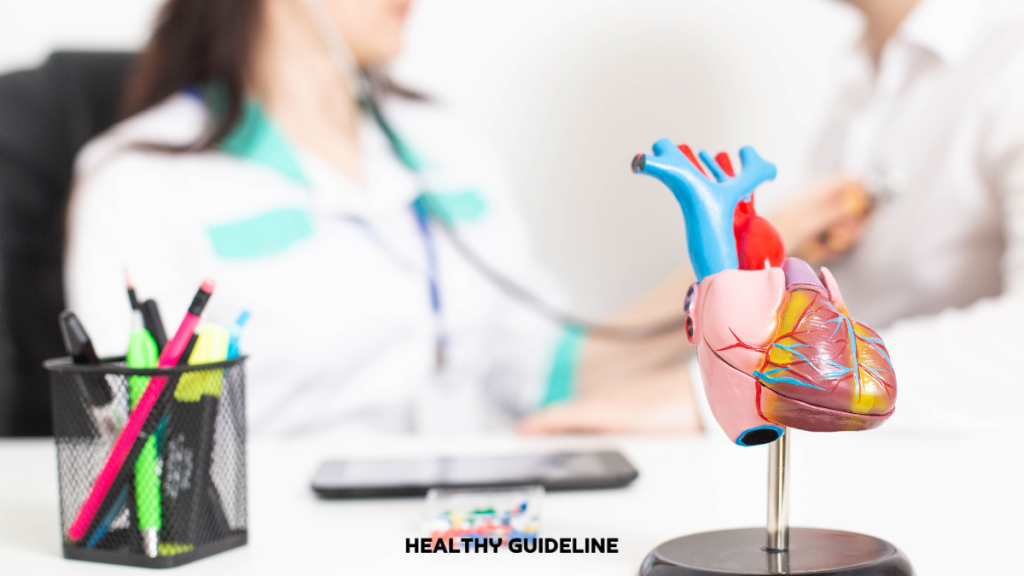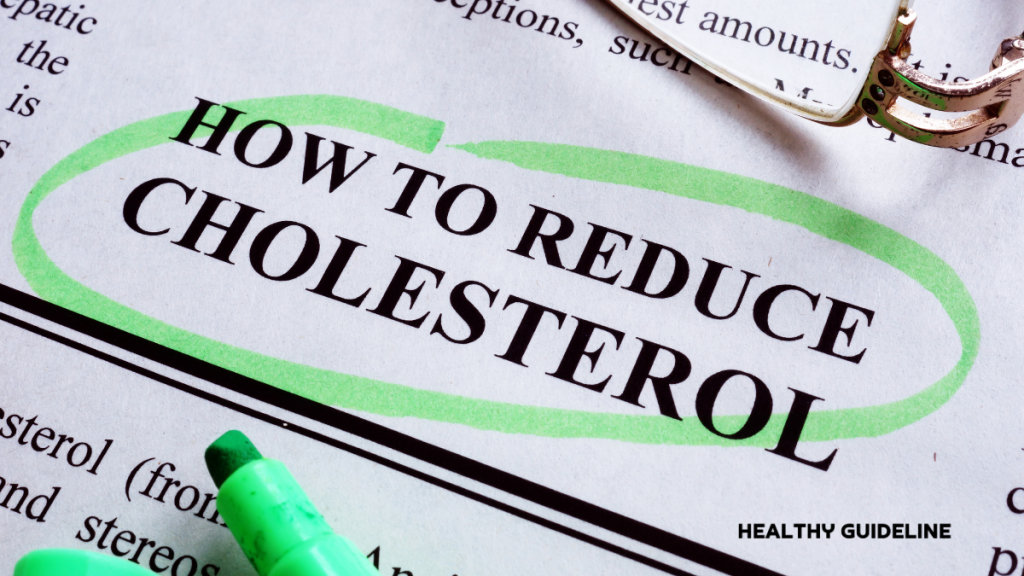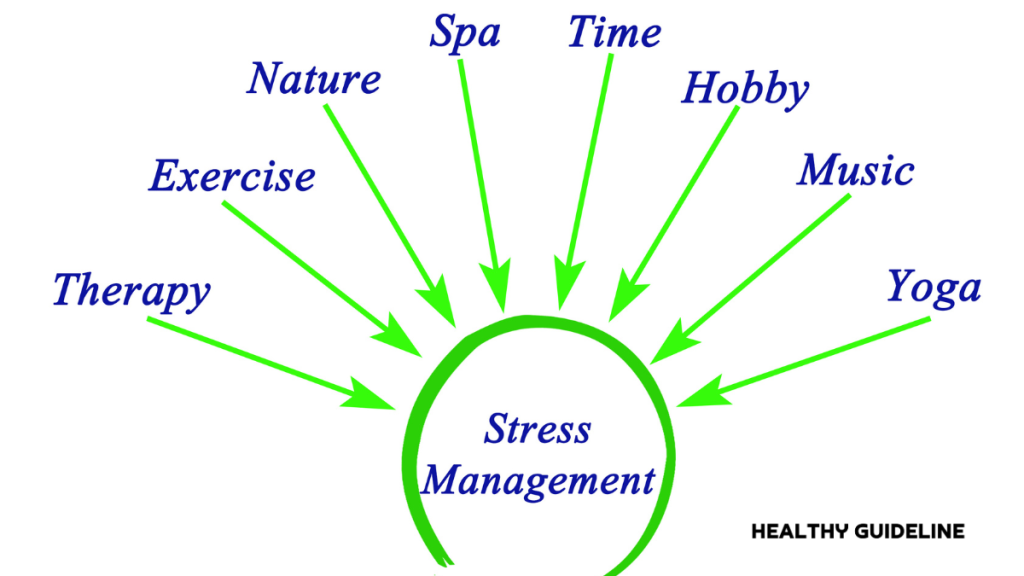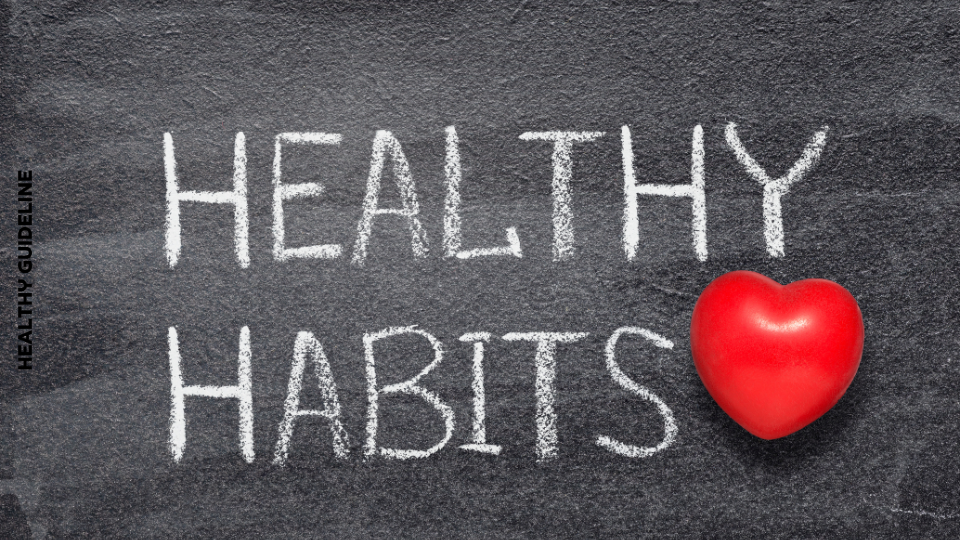CARDIOVASCULAR HEALTH
10 Foods That Are Good for Your Heart
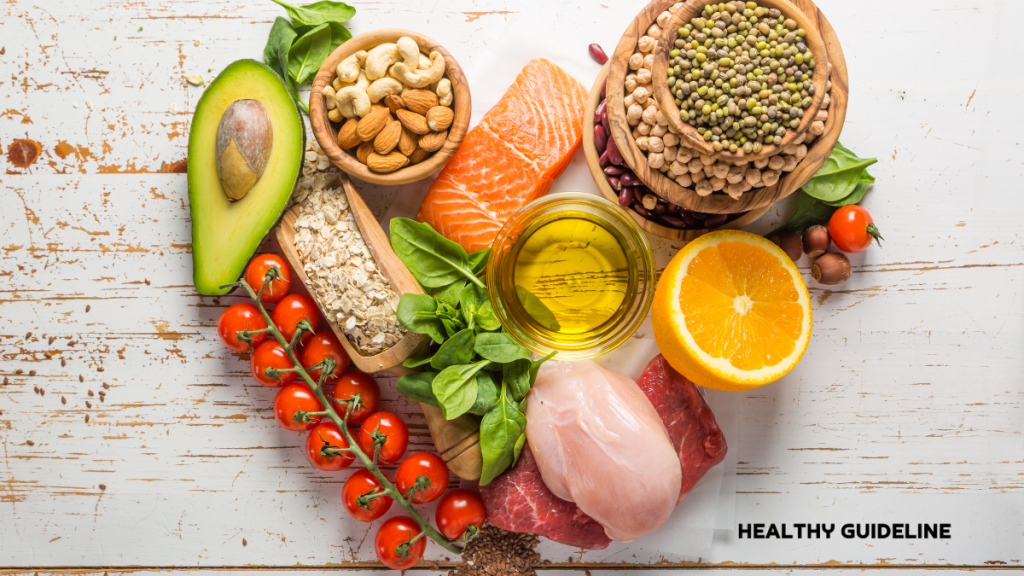
There are many foods that are good for your heart. Here are 10 of the best
Eating a balanced and nutrient-rich diet is an essential component of living a healthy and fulfilling life. Including OATS, BERRIES, NUTS & SEEDS, FATTY FISH, OLIVE OIL , AVOCADOS, LEAFY GREEN VEGETABLES, WHOLE GRAINS, LEGUMES, and DARK CHOCOLATE in your daily meals can provide you with a wide range of health benefits, both physically and mentally. These foods are packed with essential nutrients, vitamins, and minerals that can help boost your immune system, improve brain function, reduce the risk of chronic diseases, and promote overall well-being. By making small changes to your diet and incorporating these superfoods, you can start living a more vibrant and energized life. Remember that every small step you take towards a healthy lifestyle is a step in the right direction!
How to Lower Your Blood Pressure
High blood pressure is a major risk factor for heart disease. If you have high blood pressure, there are many things you can do to lower it.
Here are some tips for lowering your blood pressure:
Eat a healthy diet.
Exercise regularly.
Maintain a healthy weight.
Limit alcohol consumption.
Don’t smoke.
Manage stress.
Take blood pressure medication if needed.
Heart-Healthy Recipes: Nourishing Your Cardiovascular Wellness
Eating well is a delicious act of self-care, and when it comes to cardiovascular health, the right recipes can make a significant difference. Let's explore some heart-healthy recipes that not only tantalize your taste buds but also support your cardiovascular well-being.
Grilled Salmon with Lemon and Herbs
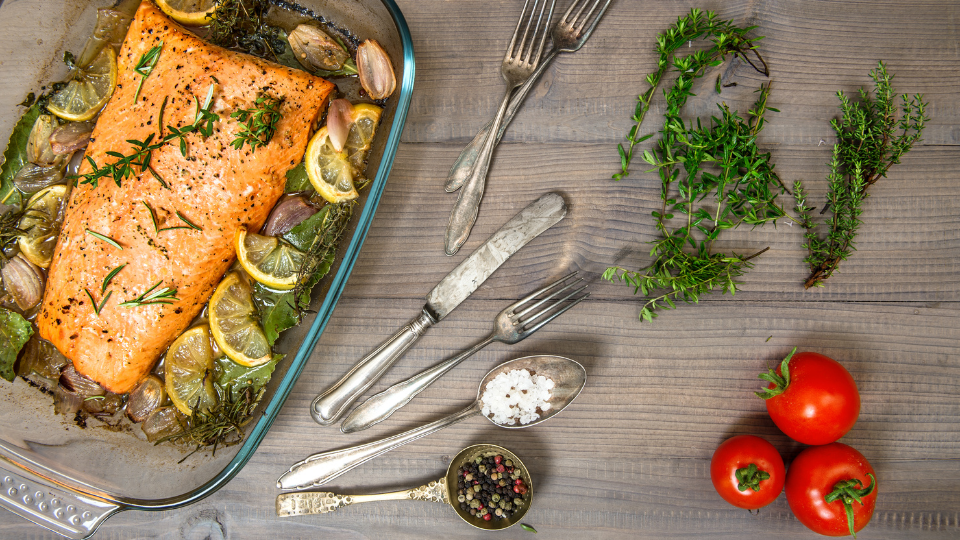
Marinate fresh salmon fillets in a mixture of lemon juice, minced garlic, chopped herbs (such as parsley, dill, and thyme), olive oil, salt, and pepper. Let it sit for at least 30 minutes. Grill the salmon until it’s cooked through and has a flavorful, slightly charred exterior. Serve with a side of steamed vegetables for a complete heart-healthy meal.
Quinoa Salad with Colorful Vegetables
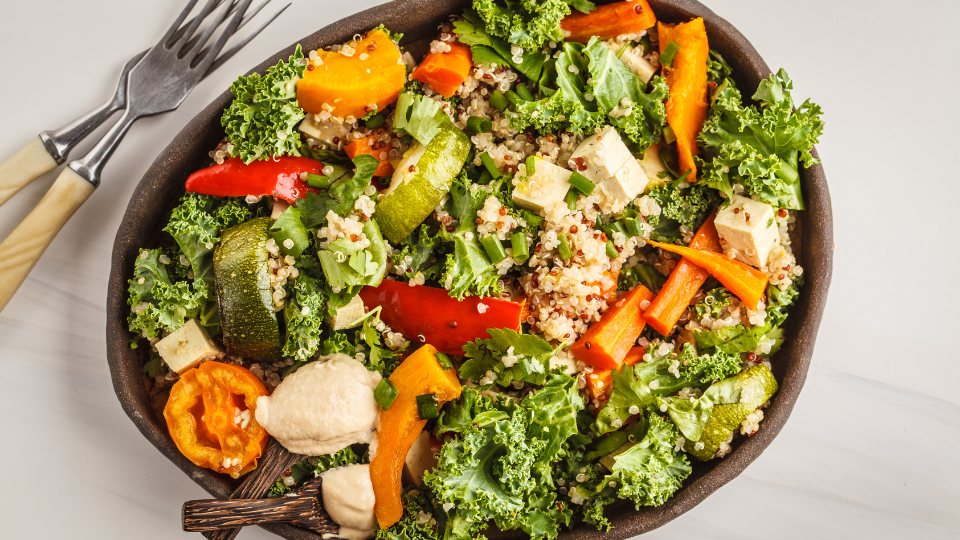
Cook quinoa according to package instructions. Once cooled, toss it with a medley of colorful vegetables like diced bell peppers, cherry tomatoes, cucumber, red onion, and fresh herbs. Drizzle with a simple vinaigrette made from olive oil, balsamic vinegar, Dijon mustard, salt, and pepper. This refreshing salad is rich in fiber, vitamins, and antioxidants.
Mediterranean Chickpea Bowl

Combine canned chickpeas (rinsed and drained) with Kalamata olives, halved cherry tomatoes, crumbled feta cheese, chopped cucumber, and red onion. Drizzle with extra virgin olive oil and sprinkle with dried oregano. Toss gently to combine, and enjoy a Mediterranean-inspired bowl that’s full of heart-healthy ingredients.
Oatmeal Berry Parfait
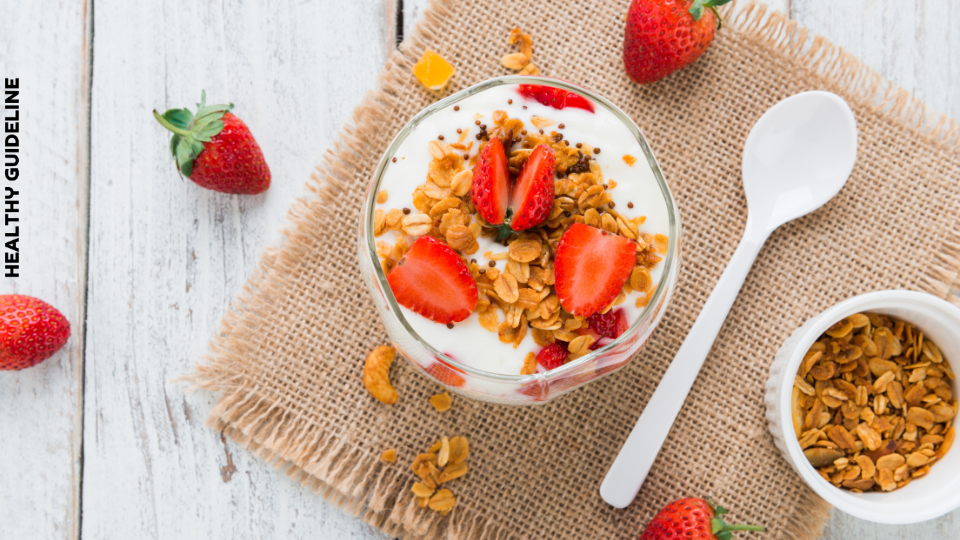
Layer rolled oats, Greek yogurt, and a mix of fresh berries (such as strawberries, blueberries, and raspberries) in a glass or bowl. Repeat the layers and top with a drizzle of honey or a sprinkle of chopped nuts for added texture. This parfait provides a hearty dose of fiber, protein, and antioxidants.
Vegetable Stir-Fry with Tofu
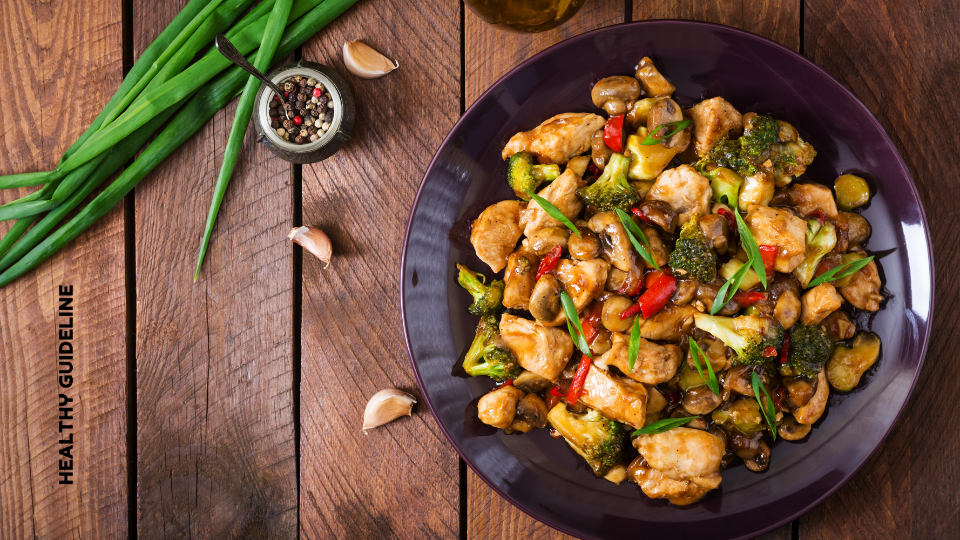
Stir-fry tofu cubes with a colorful array of vegetables like broccoli, bell peppers, snap peas, and carrots. Use a light soy sauce or teriyaki sauce for flavor. Serve the stir-fry over brown rice or quinoa for a heart-healthy, plant-based meal.
Spinach and Avocado Salad
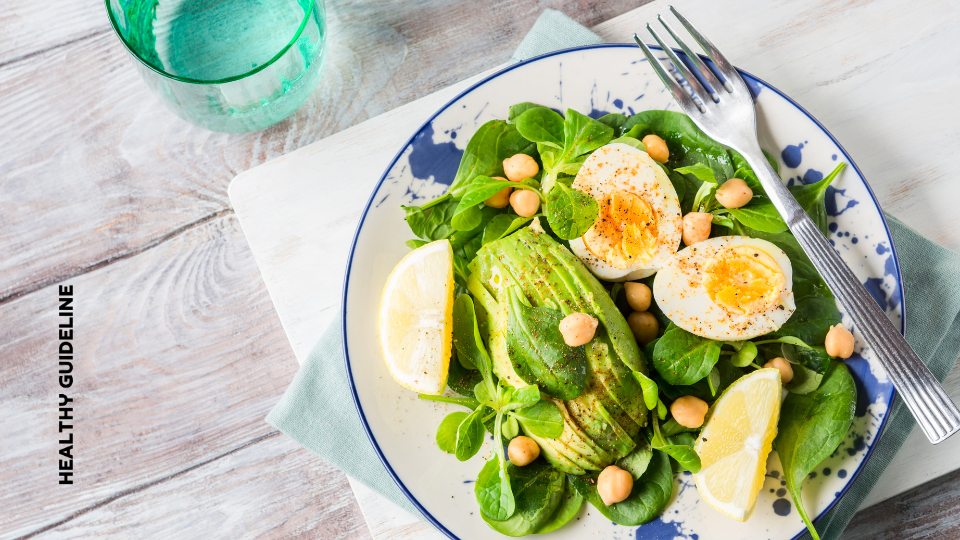
Combine fresh spinach leaves with sliced avocado, cherry tomatoes, red onion, and crumbled feta cheese. Toss with a simple vinaigrette made from olive oil, lemon juice, Dijon mustard, salt, and pepper. This salad is rich in leafy greens, healthy fats, and essential nutrients.
Whole Wheat Pasta with Tomato Sauce
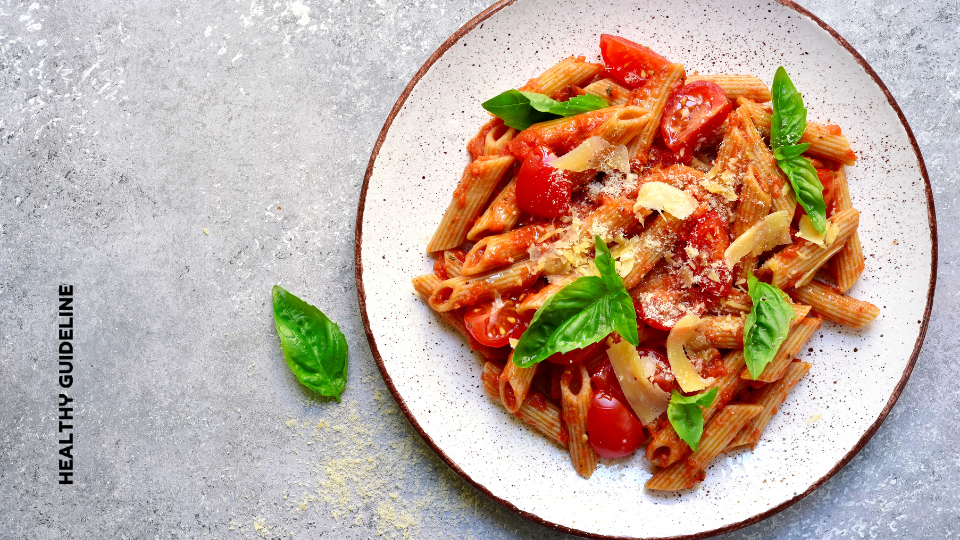
Choose whole wheat pasta for added fiber. Prepare a tomato sauce by sautéing garlic and onions in olive oil, then adding canned tomatoes, tomato paste, basil, oregano, salt, and pepper. Simmer until the sauce thickens. Serve over whole wheat pasta for a heart-healthy Italian dish.
Baked Chicken with Garlic and Rosemary
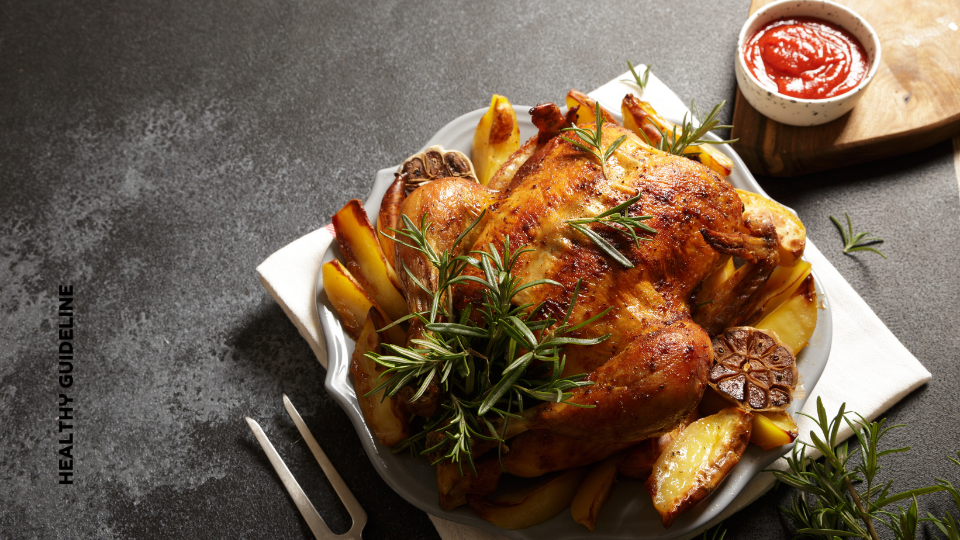
Coat chicken breasts with a mixture of minced garlic, chopped rosemary, olive oil, salt, and pepper. Bake in the oven until the chicken is cooked through and has a golden-brown crust. Pair with roasted vegetables for a satisfying, lean protein-packed meal.
Sweet Potato and Black Bean Chili
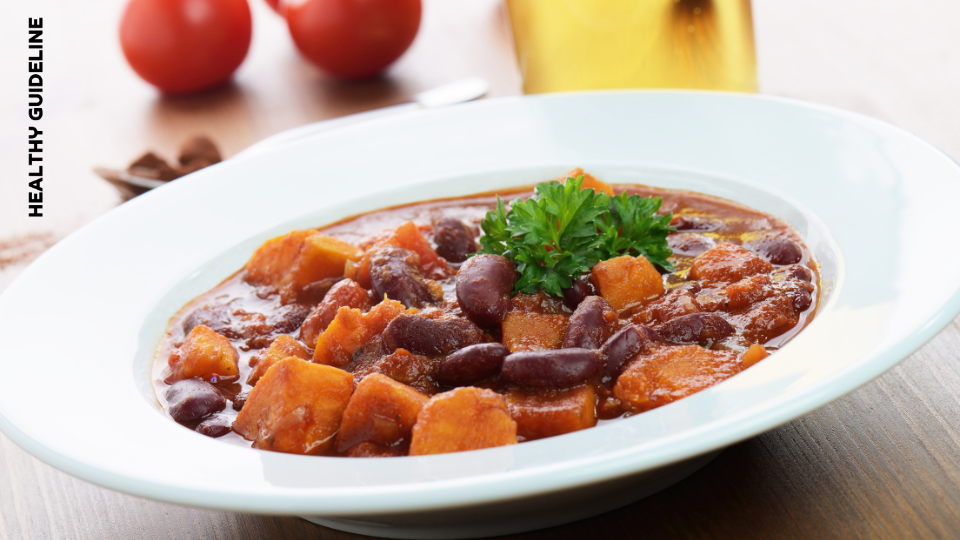
In a large pot, combine black beans, diced sweet potatoes, canned tomatoes, chili powder, cumin, paprika, and vegetable broth. Simmer until the sweet potatoes are tender and the flavors meld together. This hearty chili is a fiber-rich, plant-based option for heart health.
Berry Smoothie with Greek Yogurt
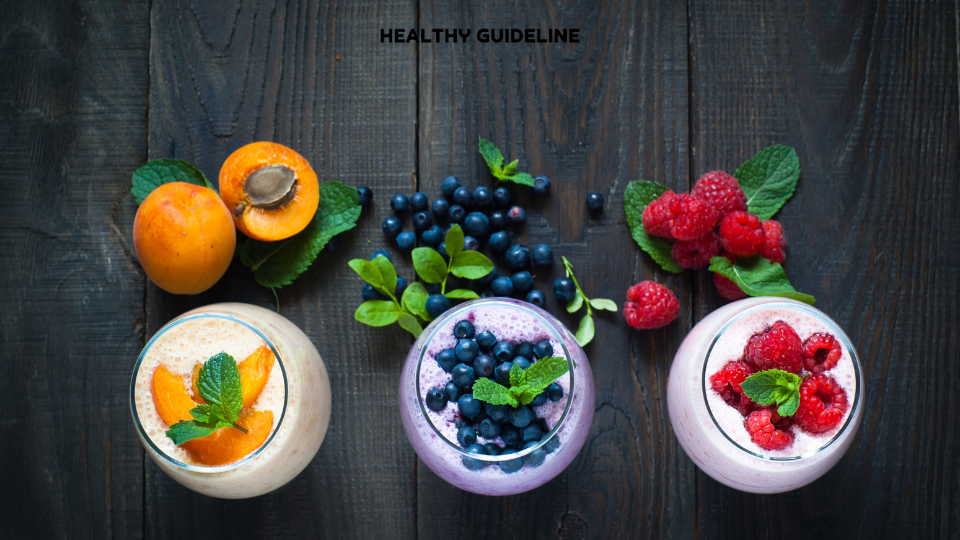
Blend a mix of frozen berries (such as strawberries, blueberries, and raspberries) with Greek yogurt and almond milk until smooth. Optionally, add a scoop of protein powder or a handful of spinach for an extra nutrient boost. This refreshing smoothie is a quick and delicious way to start your day with heart-healthy ingredients.
Cardiovascular Health for Different Age Groups: Tips for Every Life Stage
Taking care of your heart is a lifelong journey, and each stage of life brings its own set of considerations. Let's explore simple and effective tips for maintaining cardiovascular health at every age:

Childhood and Adolescence
Tip : Encourage Active Play and Healthy Eating
Foster an active lifestyle by engaging in sports, games, and outdoor activities. Emphasize a balanced diet rich in fruits, vegetables, and whole grains to lay a strong foundation for heart health.
Young Adulthood (20s to 30s)
Tip : Prioritize Regular Exercise and Balanced Nutrition
Establish consistent exercise routines that include both cardiovascular and strength-training activities. Focus on maintaining a well-rounded diet with an emphasis on nutrient-dense foods.
Middle Adulthood (40s to 50s)
Monitor Blood Pressure and Cholesterol Levels
Regularly check blood pressure and cholesterol levels. If elevated, work with healthcare professionals to manage these factors through lifestyle adjustments and, if necessary, medication.
Late Adulthood (60s and beyond)
Stay Active and Embrace Heart-Healthy Eating
Continue to engage in physical activity suitable for your abilities. Prioritize heart-healthy foods like lean proteins, whole grains, and vegetables. Regular medical check-ups become even more crucial at this stage.
General Tips for All Ages
Stay Hydrated
Water is vital for heart health. Ensure an adequate intake throughout the day, as dehydration can strain the cardiovascular system.
Quit Smoking
If you smoke, seek support to quit. Smoking is a major risk factor for heart disease at any age.
Manage Stress
Adopt stress-reducing techniques such as mindfulness, meditation, or hobbies that bring joy. Chronic stress can contribute to heart issues.
Adequate Sleep
Aim for 7-9 hours of quality sleep. Poor sleep can impact cardiovascular health, so prioritize a restful night’s sleep.
Maintain a Healthy Weight
Strive for a healthy weight through a balanced diet and regular physical activity. Excess weight can strain the heart and contribute to various health issues.
Limit Alcohol Intake
If you consume alcohol, do so in moderation. Excessive alcohol intake can elevate blood pressure and contribute to heart problems.
Embark on the journey to a healthier heart and a vibrant life. Each blog on this Cardiovascular Health page is a step towards well-being. Embrace these insights, make them your daily habits, and let your heart beat to the rhythm of a thriving life. Remember, the journey to a healthier you begins with a single beat—yours."


